MY BOOK WORLD

I wish I’d read this book twenty years ago when it first came out. The author’s prescient views might have informed my future a bit. We may think that there is a lot wrong with our country now, but Moyers has us take a look at it in 1892. The People’s Party “meet in the midst of a nation brought to the verge of moral, political and material ruin . . . . Corruption dominates the ballot box, the [state] legislatures and the Congress and touches even the bench . . . . The newspapers are largely subsidized or muzzled, public opinion silenced . . . . The fruits of toil of millions are boldly stolen to build up colossal fortunes for a few” (7). Seems as if we’re reading about certain groups today. The only difference is that because of social media, “public opinion” is far from being silenced. People can say whatever they want without a shred of evidence, making “truth” even more elusive than ever.
Tom Johnson, mayor of Cleveland in the early 1900s asserts about public ownership of local transportation: “‘If you don’t own them, they will own you.’ It’s why advocates of clean elections today argue that if anybody’s going to buy Congress, it should be the people. When advised that businessman [sic] got their way in Washington because they had lobbies and consumers had none, Tom Johnson responded: ‘If Congress were true to the principles of democracy it would be the people’s lobby.’ What a radical contrast to the House of Representatives today!” (14). Yes, if today every Democrat contributed only $5 a month as “dues” to the DNC, what the party couldn’t accomplish on their behalf! Fall down on the job, and you can withhold your $5!
Consider this jewel: “Money has robbed the middle class and the working poor of representation—and as they become weaker politically, they are even more insecure in their jobs, their savings, and their future” (61). What money? you ask. Money from corporate special interests, deep-pocketed lobbyists, that’s what.
Or this one: In 2004 “fewer than half” of our population votes in presidential elections, and about a third “vote in our congressional elections—compared to 80 percent a century ago” (62). Still, only 66% turned out to vote for president in 2020, and 45% turned out in 2022 for mid-terms. Why would citizens now care less than those of a hundred years ago? Why be complacent?
Moyers ends the book with an essay on aging, which seems more pertinent than ever to Boomers, because we now make up the larger part of that demographic. His suggestion: Avoid disease and disability, maintain mental and physical function, and continue to engage with life. Amen.
Up Next:
TUES: A Writer's Wit | Ann Brashares
WEDS: A Writer's Wit | Whitney M. Young
THURS: A Writer's Wit | Herman Melville
FRI: My Book World | Mary Robison, Why Did I Ever: A Novel






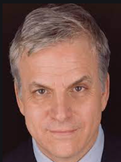

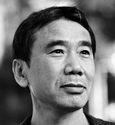



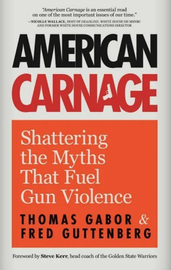
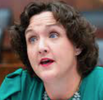
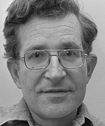


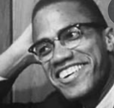
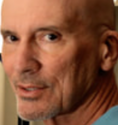

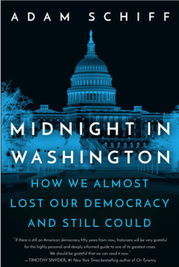
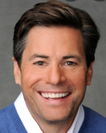
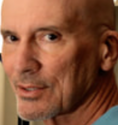

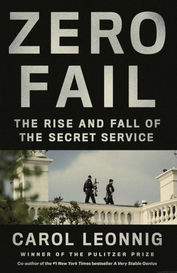
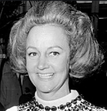
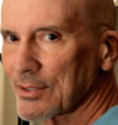

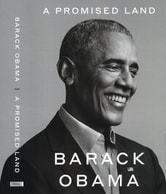
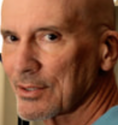

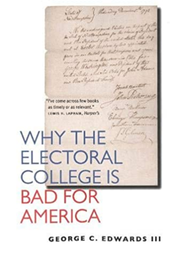
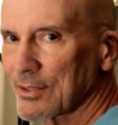

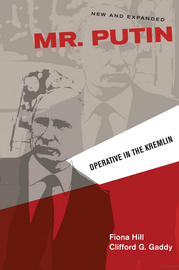
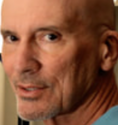

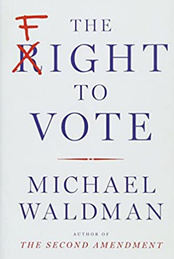
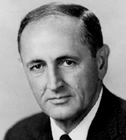

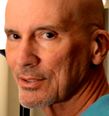

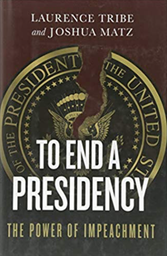
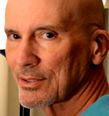

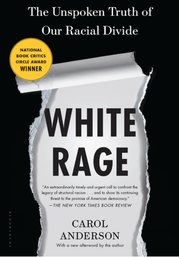
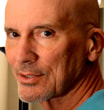

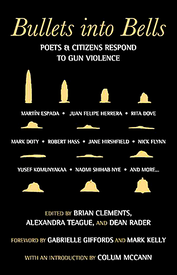

 RSS Feed
RSS Feed